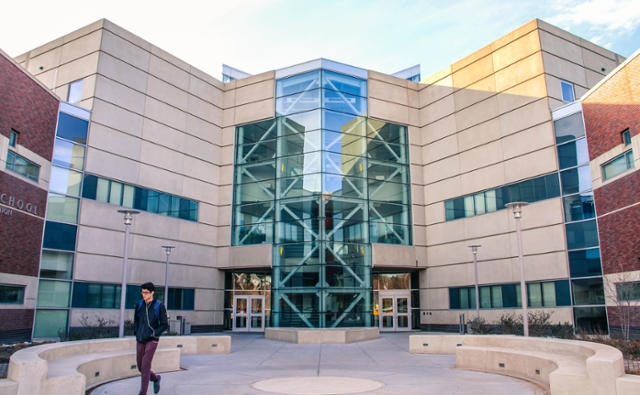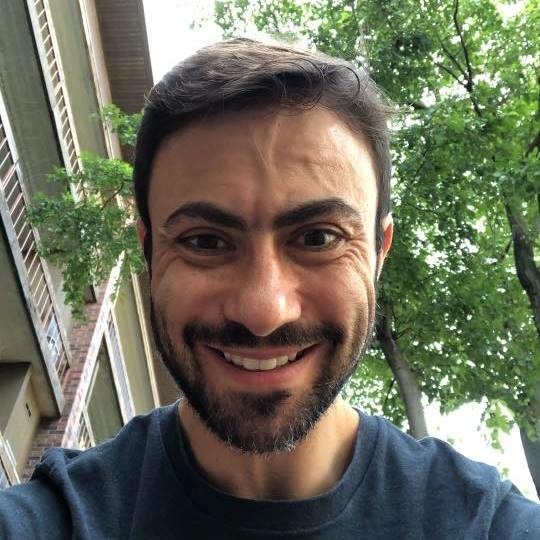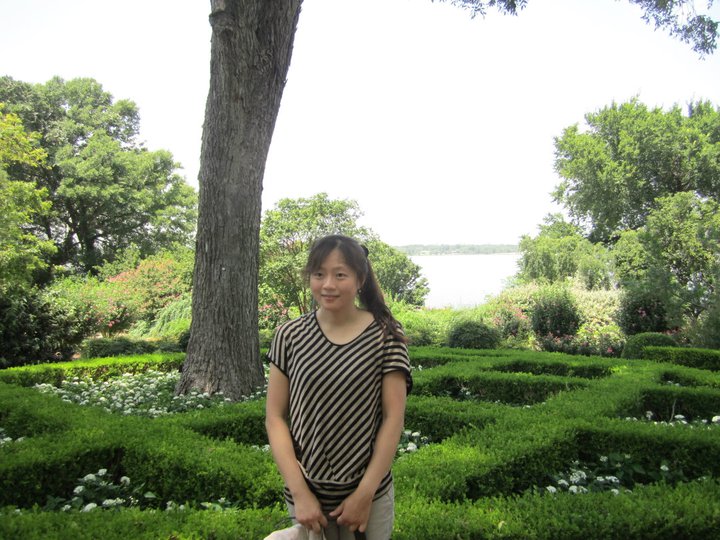Faculty Highlight: Dr. Pei-Chi Huang and Dr. Gregory Gelfond
- published: 2018/10/17

We're excited to welcome two new faculty members to our Computer Science department! Read on to learn more about our new faculty, their research areas, and what they're excited the most about joining IS&T.

Name: Dr. Gregory Gelfond
Research Areas: Knowledge Representation and Reasoning, Multi-Agent Reasoning, Answer Set Programming, Artificial Intelligence, Foundations of Computing
Hometown/State (Provence)/Country: Lubbock, Texas, United States of America
Q: Welcome to IS&T! Can you tell us a little bit about your area of expertise and the classes you’ll be teaching?
My particular research of late has centered on bringing together the distinct approaches of the knowledge representation and dynamic epistemic logic communities for formalizing various aspects of human reasoning. The goal is to develop a deeper understanding of what it means to correctly reason about the effects of actions that affect both the world and knowledge/beliefs of the agents operating within it. Additionally, it has broadened our understanding of what parts of such reasoning are computable – one of the core questions of computing science as a scientific discipline.
As to teaching, I have a diverse portfolio, but at UNO the classes I primarily teach are: data structures, theory of computation, and programming languages. Other classes that I may teach in the future are compiler construction, discrete mathematics, and some others that are in the pipeline.
Q: When did you realize what you wanted to do? Any role models help you on your path?
This is a tough question to answer – I originally wanted to be a musician but quickly realized that while I had talent, I wasn’t talented enough to be able to earn the kind of livelihood that would make me a good provider. So I decided to follow in my father’s footsteps and study computer science. I fell in love with the discipline during my freshman year when I finally understood the principles of recursion and how beautiful the ideas behind various algorithms we were studying in class truly were. I fell in love with teaching and the pursuit of research after I had spent time in industry and went back to academia – the intellectual freedom and the ability to develop a deeper understanding of the world afforded by an academic environment are blessings that I am grateful for on a daily basis.
As to role models, I have quite a few heroes in my field (and in other areas I pursue). With respect to computing science, among them are my father, and Niklaus Wirth, Edsger Dijkstra, John McCarthy, Vladimir Lifschitz, Alan Turing, John von Neumann, Isaac Newton, Gottfried Wilhelm Leibniz and others.
Q: As an undergrad/graduate student, what were your major stepping stones to guide your career trajectory to where you are now?
I was blessed with my education not only by virtue of learning from a very gifted and incredible group of computer scientists, but also deliberately pursuing courses outside of my degree. With computer science, particularly formative courses were the introductory cycle (programming principles 1 and 2 along with data structures and algorithms), artificial intelligence, logic for computer science, concepts of programming languages, theory of computation, and compiler construction.
Other significant courses in my education were: medieval English literature, classical literature, biblical Hebrew, the philosophy of law, comparative mythology and religion, and Brazilian Jiu-Jitsu and Judo to name but a few.
Q: Tell us a little bit about IS&T! What’s a typical day look like for you?
I don’t have a typical day. In broad strokes though my day starts at 4 AM and ends around 10 PM. I tend to spend my mornings working on lecture prep and meditating before class. In between I focus on my own research projects when possible and meeting with students (both past and present) to field questions from them and help them when I can.
Q: What major advice do you have for students as they navigate their own career paths?
To be humble and not let your preconceptions on what computer science is about blind you to all the beauty the scientific discipline has to offer and show you. Also, learn about great computer scientists and the history of your field to find heroes that you can then emulate and to understand that you are the inheritors of a deep intellectual tradition and discussion with roots going back to Ancient Greece and that continues on to this today.
Q: Anything else you want us to know about you?
Students and faculty are always welcome to come by my office for tea and conversation.

Name: Pei-Chi Huang
Research Areas: Cyber-Physical Systems
Hometown/State (Province)/Country: Taiwan
Q1: Welcome to IS&T! Can you tell us a little bit about your area of expertise and the classes you’ll be teaching?
My research area is cyber-physical systems, featuring a tight combination and coordination between the computational and physical elements of the system. I’ll be teaching Operating Systems, and Advanced Operating Systems for IS&T. I hope I can pass the basic knowledge of computers systems and the approaches to implementation to students.
Q2: When did you realize what you wanted to do? Any role models help you on your path?
i realized what I wanted to do when my first year as a Ph.D. student. The role model is my advisor, Prof. Aloysius K. Mok. Prof. Mok’s professional knowledge, timely advice, and enthusiasm helps me to pursue the academic goal.
Q3: As an undergrad/graduate student, what were your major stepping stones to guide your career trajectory to where you are now?
Always enhance skills and enrich experience. The skills I mentioned are not just programming skills, and also include the communication and critical thinking skills. Seize any opportunities to gain working experience, such as internships, volunteers and competitions.
Q4: Tell us a little bit about IS&T! What’s a typical day look like for you?
A typical day for me would be working on research, for example, studying journal/conferences papers from the researches just published, and thinking how to adopt machine learning techniques on cyber-physical systems to encounter issues of different fields, such as mass production, military, medical, and agriculture. Besides, I’m also teaching the classes, and will spend some time preparing the materials for the classes and answering the questions to the students. Also, I have the meetings with the graduate students and colleagues about the research discussion.
Q5: What major advice do you have for students as they navigate their own career paths?
Know your interest, set a goal, and plan ahead in your career. "Opportunity dances with those already on the dance floor." If you’d like to be an engineer, you have to develop your programming, and problem solving skills. If you’d like to pursue an academic job, you need to develop ability to do research. No matter which one you choose, build your network earlier, and try to keep in touch with leaders and colleagues.
Q6: Anything else you want us to know about you?
Please feel free to contact me or drop by my office to talk if you are interested in my research.